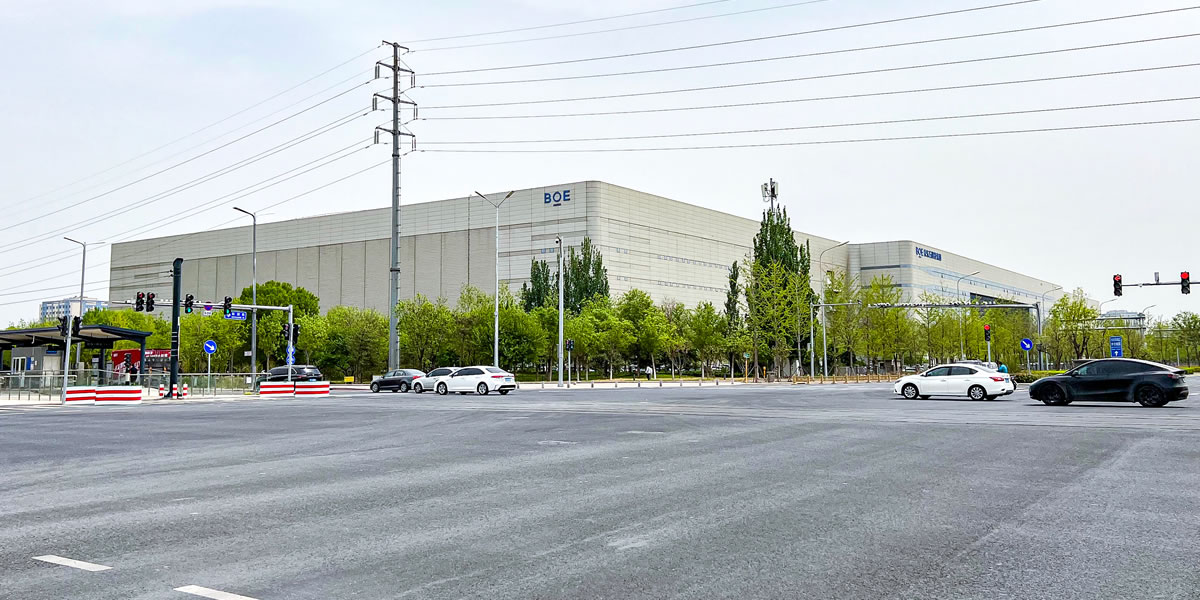Apple’s strategic decision shifted iPhone production away from China, sparking profound consequences. Foxconn, one of Apple’s key manufacturing partners, closes its factories in China. Consequently, eerie aftermaths are left behind in once-thriving industrial hubs. Moreover, the ripple effects extend far beyond the boundaries of the tech industry. As a result, significant changes in global manufacturing dynamics are witnessed. Furthermore, this highlights the intricate interdependence in the modern global supply chain.

The Ghost Town of Nanning: A Visual Testament
A China Observer report vividly portrays the desolation of a Foxconn industrial park in Nanning. Despite once hosting 50,000 workers, it now echoes the exodus of operations abroad. However, the site stands abandoned, a mere shell of its former bustling self. Moreover, the relocation of operations underscores the shifting dynamics of global manufacturing. In addition to this, it highlights the challenges faced by domestic industries in retaining competitiveness. The haunting picture serves as a poignant reminder of the complexities of economic globalization.
The Toll on Local Resources: Beyond the Abandoned Walls
A resident revealed staggering statistics, illustrating the immense resource demands of the defunct plant. With a daily consumption of 60 tons of rice, alongside 280 pigs, 1.2 million eggs, and 80,000 chickens, the factory’s closure reverberates through the local economy. The repercussions extend beyond the factory gates, casting a shadow over neighboring developments. Skyscrapers erected to accommodate the factory workforce now languish, grappling with dwindling sales despite enticing discounts.
The Vanishing Hope: Signs of Change Amidst Desolation
Signs of optimism for the factory’s revival fade as remnants of its presence are dismantled. With only a handful of buildings still active, the majority lie vacant or repurposed, marking a definitive shift in Foxconn’s operational landscape. Apple’s global production strategy transforms, dispersing operations to new frontiers. Amidst the closures, reports emerge of equipment relocation to burgeoning facilities in Vietnam, highlighting the adaptive nature of the tech giant’s supply chain.
Lessons Learned: Wealth, Vulnerability, and Economic Dependency
For local communities, the closure serves as a stark reminder of the dual nature of Apple’s economic influence. While it brings prosperity, it also exposes vulnerabilities, underscoring the need for diversified economic foundations to withstand seismic shifts in global manufacturing.
The Tides of Change
The story of Foxconn’s abandoned factories in China serves as a microcosm of broader shifts in the tech manufacturing landscape. As Apple charts a course toward a more decentralized production model, the ghosts of Nanning stand testament to the profound impact of corporate decisions on communities and economies alike.




